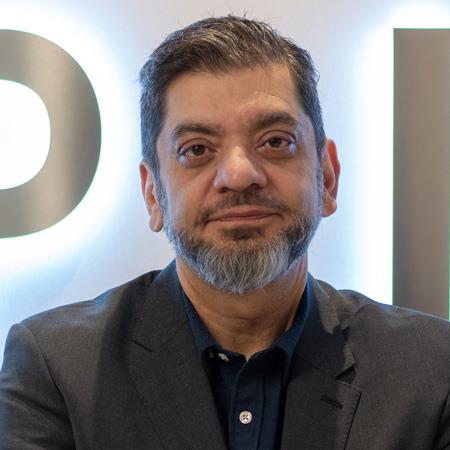Heading towards one of our biggest years in 2021
For decades Epic Group has been a key player in the apparel industry – first as a major textiles trading house, then as a leader in sourcing quality fabrics, and since 2005 as a state-of-the-art manufacturing company with facilities worldwide. In an interview with Fibre2Fashion, Ranjan Mahtani, Group Chairman outlines Epic Group’s growth since its inception, its various sustainability initiatives, and expansion plans for the future.
How much do you invest in R&D and technology every year?
R&D and technology are the nuclei of an organization, be it the ERP or other technology tools that help us to be more efficient. For example, we recently signed up with one of the leading PLM software companies. We are currently in the process of adding Radio Frequency Identification (RFID) to all our factories and further digitizing them. We have launched SAP SuccessFactors and SAP Concur. We constantly look at R&B endocrinology as a way of looking ahead and trying to forecast how we could run more efficiently with simple dashboards which tell us what is wrong instead of what is right so that we can focus on the solutions.
Tell us how Epic Group started its garment manufacturing journey? How has the group grown over the years?
Ranjan Mahtani in his previous company started his journey in 1993 in Bangladesh. He hired Kurt Salmen & Co and set up a factory called Lenny Fashion using the best consultants in the world, lean methodologies, and other industry best practices. Epic Group was then reinvented in 2005 with a change in ownership where he took the total helm of the group. We started our first flagship factory called Cosmopolitan Industry which is a fully air-conditioned facility with the latest machinery and washing machines. From that time we didn’t look back and built another 4 facilities in Bangladesh within a short span of 4-5 years. Currently, we have 11 manufacturing units in Bangladesh and 2 manufacturing units in Ethiopia.
What are the major achievements?
On the sustainability front--we are platinum rated in one facility and have LEED gold and silver ratings in all our factories. We have a very aggressive Higg Index leadership plan, solar panels, low water usage washing machines to support our sustainability roadmap. Our factories have been engineered with the best machinery and layouts and run on very high efficiencies.
Epic Group has an extensive design team with designers based in London, New York, and Hong Kong and we provide co-creation, design, and market intel for our customers. We also provide replenishment services for our customers where we store goods in warehouses in America, both Pick & Pack, and weekly replenishments. We also do direct replenishment from our factories where customers are given the flexibility to order based on sales versus maintaining inventory at their warehouses.
One of Epic Group’s biggest achievements is the investment in our employees and associates. Be it women empowerment or various initiatives that we have taken like being the first company to have an electronic payroll dating back to 2010. We have provided extensive training through BRAC to our women associates. Also, we were one of the first to set up an in-house training university for our employees and associates.
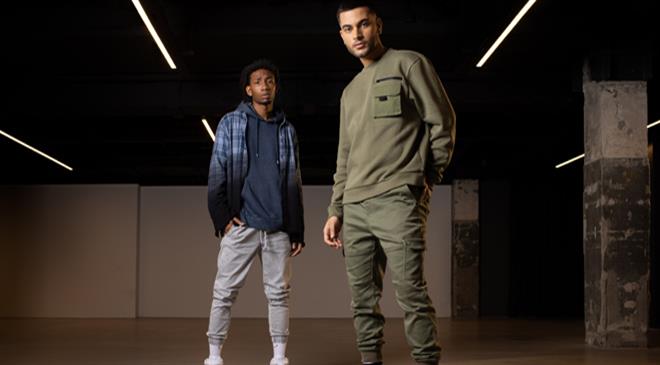
What are the major repercussions of the Covid pandemic on your business and the workforce? How difficult has it become to manage your manufacturing units in different countries?
The pandemic was definitely a tough period for all companies. But somehow our proactive handling of the situation, managing our budgets and sales prudently and conservatively, helped us come out of COVID-19 much stronger. We had an exceptionally good year 2020 and now heading towards one of our biggest years in 2021 again through strategic relationships with our customers, pragmatic and proactive forecasting, and dealing with the problems versus firefighting and troubleshooting the problems. That being said, I think that the fabric and yarn price increases and the disruption in the supply chain, container freight rates that we are currently going through, are a major challenge for every company and will perhaps lead to a lot of reinventions, both at the buying and selling points.
What has changed in the apparel industry since you began your career with Epic Group? How have customer preferences changed in the current scenario?
I can’t tell you what has changed in the apparel industry since I began my career because I believe this is an industry where if I took three months to leave, I will probably come back feeling like a dinosaur especially somewhere like Epic Group that is evolving every 3 to 6 months. We are a very agile and nimble sports car; we make at times sharp turns around and run at high speeds and I think the apparel industry is similar to that. In the fashion industry, you have to constantly evolve. I do see from the beginning of my career until now a total 5000 percent turn. So I think going forward forecasting and constant adaptation to the environment and the market will be critical for our industry.
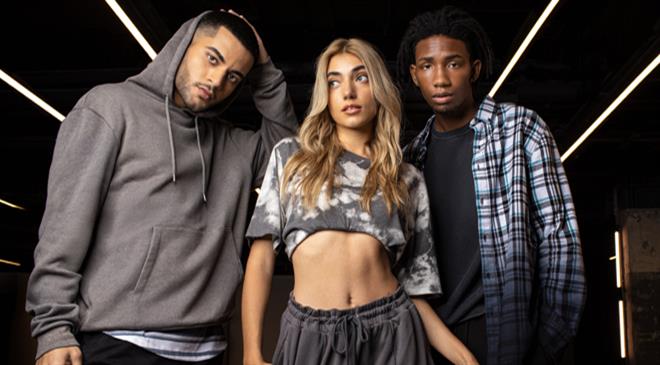
There were talks last year about you entering the Indian market with a manufacturing facility in Ranchi. Has the plan been executed?
We had very aggressive plans to enter the Indian market. We did the company registration and were in the very initial stage when COVID-19 hit. With the suspension of travel and various other challenges, the project was shelved but we hope to revisit India once the situation improves. As a Hong Kong-headquartered group that has three weeks quarantine, we will have to wait for the right opportunity.
How are garments produced by Epic Group different from the rest of the competition? What is your USP?
At Epic Group, we believe that every piece should be crafted with quality. While we make huge quantities, personal attention is paid to the production of every single garment and goes to various layers where the ultimate goal is to have zero defects. Our unique selling point is not only the quality of our products but also our empathy towards our customers where we put ourselves in our customers’ shoes and think about their problems and try to provide them with solutions. We do not believe in excuses, only remedies. With this proactive approach we have taken over the last 15 to 20 years, we have built strategic relationships with some of the biggest retailers and brands, both online and brick and mortar, and those strategic relationships enable us to have better transparency, capacity booking, etc.
The US was one of the worst-hit countries by the pandemic. With the US being your most important export market, how were sales affected?
Even though the US was one of the worst-hit, we were not affected by the sales as most of our customers surprisingly had exceptional sales. In fact, we saw an influx of business in this period.
How do you incorporate sustainability in your supply chain? Apart from tying up with Arvind Envisol, what are the other sustainability initiatives you are taking or plan to take in the future?
Sustainability in our supply chain is again an important pillar. We are working closely with one of the innovative startups of HSBC, to bring transparency and traceability into our supply chain. The majority of our cotton has been BCI or BCI equivalent since 2019. In the year 2020, we produced nearly 10 million products using recycled fabrics, saved 85,000 cubic meters of water, and produced 350,000 kWh of renewable energy.
Where do you source your raw materials from?
We source our raw materials from all over the world including Bangladesh, Pakistan, India, Japan, and China.
Putting together four collections in a year and offering at least 100 new fabrics every season – how difficult is all this?
Putting together four collections and developing new fabrics is a part of the Epic Group culture and therefore I do not think it is difficult. With an extensive product development team, veteran designers working for us in various locations, and a very strong fabric R&D team, We can see the consumer trends, understand lifestyles, and constantly provide innovation, collections, and fabrics which we believe are our inherent strengths.
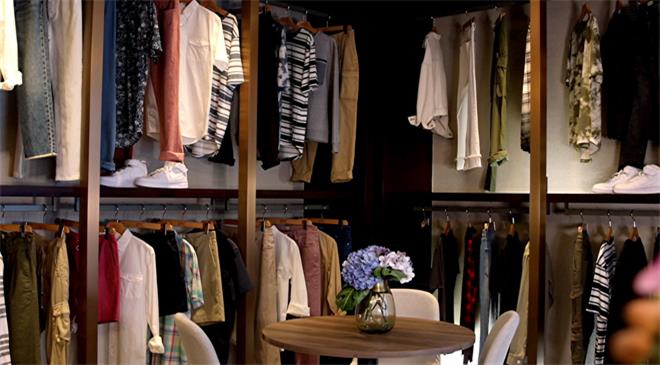
What are the expansion plans at Epic in the coming days? Any addition in manufacturing capacity, workforce, new business, or product extension you would be looking at?
We currently have two micro-factories starting in the next 6 to 12 months. At the same time, we will also continue to grow outsourcing operations with a few of the best factories in Egypt, Kenya, Pakistan Vietnam. We have a healthy mix of 75 percent in-house manufacturing and 25 percent of outsourcing which allows product diversification and flexibility for customers.
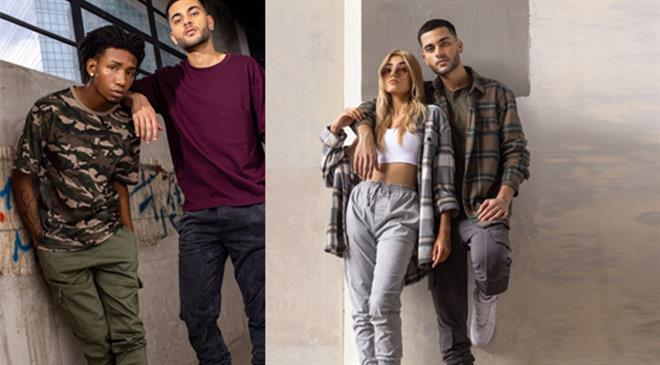
Do you plan to come up with your fashion label in the future?
We already have our fashion label called Epic Studio which we launched exclusively on Walmart's online marketplace. We’re also the brand owners of Earth Yoga, which is an athleisure brand that we provide to the club stores. This is just the beginning of our advent in the brand space and we intend to bring more brands for our existing customers.
Which are the major high-fashion brands across the world that EPIC caters to?
Some of the brands that we cater to are Amazon, Uniqlo, Wal-Mart, Brook Brothers, Tesco, Sainsbury, Academy, Aeropostale, Lucky Brands, VF, and Kontoor Brands amongst many others.
What kind of sales you are looking at in the current fiscal?
We are looking at sales of close to US $700 million in the coming year and hope to grow the company to the US $1 billion in the next two to three years. (PC)
